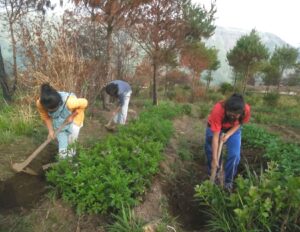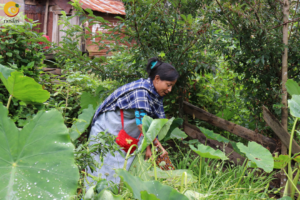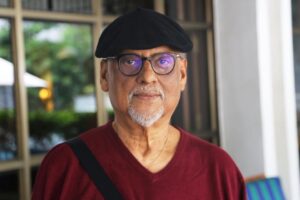A Vertical Transportation was officially launched by NESFAS on the 22nd of December, 2022 at Dewlieh village in East Khasi Hills. It is the second vertical transportation initiative under NESFAS following the successful pilot launch at the neighbouring village Nongtraw in November 2021.
Dewlieh, Nongtraw, and the adjoining villages are part of the Khadar Shnong area known for its many steep hills. As such, these farming villages face the challenge of tasking transportation of livestock, farming products and other commodities. The pilot project at Nongtraw was hugely beneficial for the farmers in terms of cost and energy-efficient transportation. Apart from helping only the village where the vertical transportation is set up, it has also helped the neighbouring villages benefit from the same.
The vertical transportation at Dewlieh is a joint venture of NESFAS and Mr Titosstarwell Chyne, Chief Executive Member of the KHADC, under the 15th Finance Commission to help support the livelihoods of farmers and the community at large at Dewlieh. Mr Chyne was the Chief Guest of the event and inaugurated the vertical transportation in a small launch event attended by NESFAS team, village headman, community members and community representatives from nearby villages. The program started with an introductory session followed by a phawar (couplet) prepared by the community people.
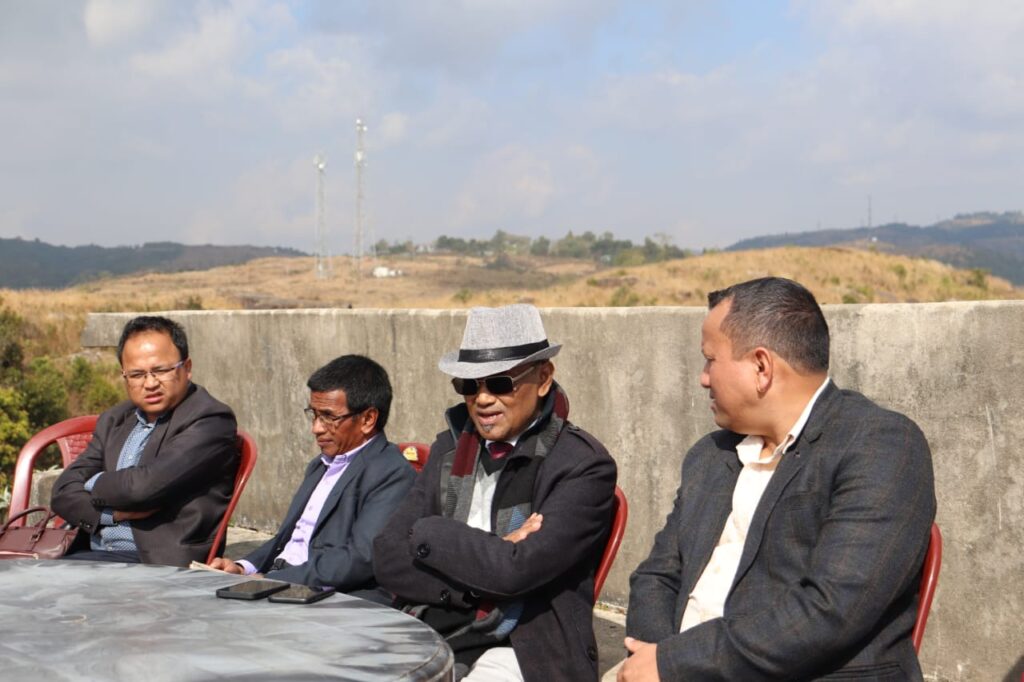
Speaking at the launch, Mr. Chyne shared his delight and joy with the people of Dewlieh for the newly inaugurated mode of transportation. He relayed that the project at Dewlieh had been inspired by the pilot model at Nongtraw, “After Nongtraw, we had a discussion and planned to build a ropeway in Dewlieh along with full trust and support of NESFAS.”
Extending his gratitude to NESFAS for their work to bring vertical transportation at Nongtraw and Dewlieh, he encouraged the community members to take good care of the same, “These villages are quite lucky to have such blessings and I hope they make good use and take good care of it.” He further shared that along with the NESFAS team, the District Council are taking measures to bring about more expansion and development in the village.
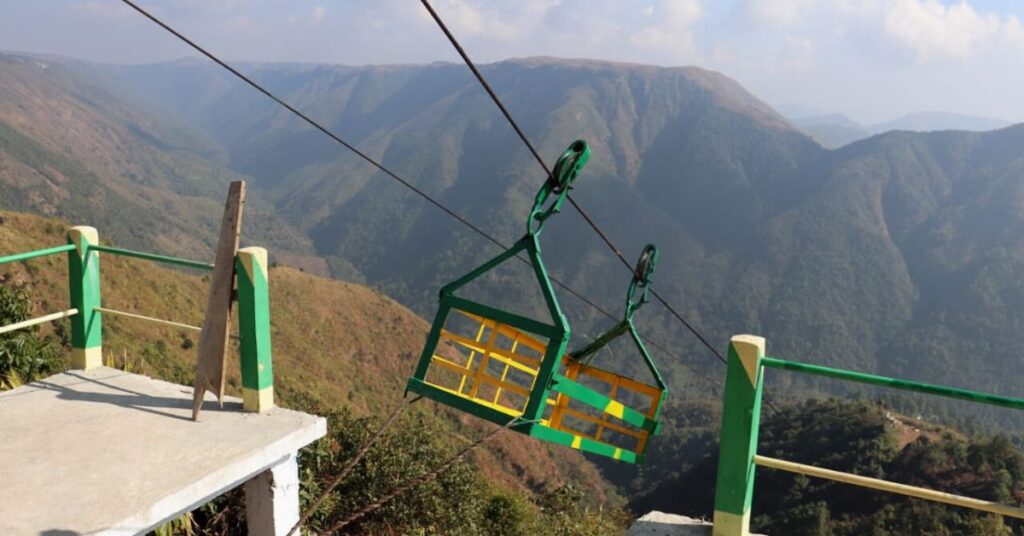
Mr Pius Ranee, Executive Director of NESFAS, shared NESFAS’ aspiration to further expand the initiative in the other neighbouring villages to help improve the livelihood and economy of the communities. “This initiative is low cost and efficient and road connectivity will still be a long wait for us so there is a need to move further with this. I also urge the urban youths to do a thorough study on the system so that it would be an opportunity for them to learn about the technology.”
Mr. Nestar Kharmawphlang, Chairperson, NESFAS, stated how the initiative directly correlates to the organisation’s aim to revive and sustain traditional farming and pleaded the District Council to continue supporting NESFAS’ effort through the years to come.
“As a village head, I feel very delighted that from today onwards we are able to make use of the vertical transport.” expressed a buoyant Shemborlang Diengdoh, the village headman of Dewlieh at the event. He extended his profound gratitude towards NESFAS for implementing this initiative and shared that the initiative will support the community members to transport produce and materials through the steep hills of the village.
Mrs Diona Ranee, Member Village Organization (V/O) voiced her praise to NESFAS for paving the way in helping revive traditional farming and uplifting the livelihoods of the community. She also reserved her gratitude towards Mr Chyne and the District Council for supporting the village with the vertical transportation initiative. Many of the community members expressed their gratitude for the new mode of transportation which they consider a “blessing” for the community.
Mr Shaiphar Dohling, community consultant, NESFAS, shared that NESFAS shall continue to work for the well-being of the communities in the years to come. “These initiatives will not end with the two villages and we (NESFAS) sincerely hope that the government will also extend such help for the development of other villages too.” he concluded.

